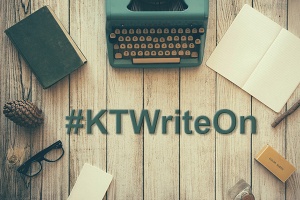 Welcome to the Kite Tales Writing Challenge: #KTWriteOn. Each writing challenge is crafted by a kid-lit publishing professional to help spark ideas, renew creative energy, and get your work moving out into the world.
Welcome to the Kite Tales Writing Challenge: #KTWriteOn. Each writing challenge is crafted by a kid-lit publishing professional to help spark ideas, renew creative energy, and get your work moving out into the world.
This exercise was created by Elana K. Arnold, author of critically acclaimed and award-winning young adult novels and children’s books, including the Printz Honor winner Damsel, the National Book Award finalist What Girls Are Made Of, and Global Read Aloud selection A Boy Called Bat and its sequels. Elana teaches in Hamline University’s MFA in Writing for Children and Young Adults program and lives in Southern California with her family and menagerie of pets. Today she’s challenging us to revise our work by first taking a look at what we believe about ourselves.
Before Revising Work, Consider Re-Visioning Your Core Beliefs
by Elana K. Arnold
 It’s such a pleasure to be connecting with you all here! As an author as well as a teacher of writing, both in Hamline University’s low-residency MFAC program, and in my own course, Revision Season, revision is one of my special interests and one of my favorite topics. And beneath questions of revising our work is, I think, an opportunity to ask some big questions about ourselves.
It’s such a pleasure to be connecting with you all here! As an author as well as a teacher of writing, both in Hamline University’s low-residency MFAC program, and in my own course, Revision Season, revision is one of my special interests and one of my favorite topics. And beneath questions of revising our work is, I think, an opportunity to ask some big questions about ourselves.
Whenever I talk about what revision is for me and how revision works, I’m also talking and thinking about why I write, and how I write. I truly believe that our core beliefs inform the stories we tell and also inform the space that we feel entitled to take up, both in the universe and on the shelf. Before we revise a manuscript, we must first examine the draft that we have written. Likewise, if we’re going to revise the feelings that we have about our worth and our value as a writer, we must first examine the beliefs we have relied upon until now.
Your core beliefs are the things that you personally hold true. They are beliefs, not facts. Sometimes you believe these things consciously. You know you believe them. But sometimes you might believe something without even knowing that’s what your belief is, way in the back of your brain or in your stomach.
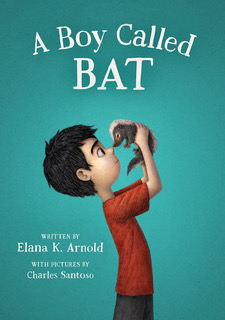 As a young person, I had some pretty strongly held core beliefs, though I probably couldn’t have written them down then in quite this way. Basically, they boiled down to this: I had insignificant stories. My stories didn’t matter very much. I felt that my stories were taking more from the world than they were giving—the time of other people; the work of other people; space on the page; probably even printer ink. I didn’t feel that I deserved these things.
As a young person, I had some pretty strongly held core beliefs, though I probably couldn’t have written them down then in quite this way. Basically, they boiled down to this: I had insignificant stories. My stories didn’t matter very much. I felt that my stories were taking more from the world than they were giving—the time of other people; the work of other people; space on the page; probably even printer ink. I didn’t feel that I deserved these things.
In retrospect, they’re pretty sad core beliefs about my writing, and it probably won’t come as a really big surprise to anyone here that my core beliefs about my writing correlated to my core beliefs about myself as a human being. As a younger person, I truly and deeply felt that I was insignificant. That if someone spent time with me, I had wasted their time.
And that definitely correlated to the work I was doing and how much space I felt entitled to take.
So the next question is: What did I write? I wrote small stories—not just short, but emotionally stilted. I wrote stories that both fulfilled and confirmed my core beliefs about myself and about my work.
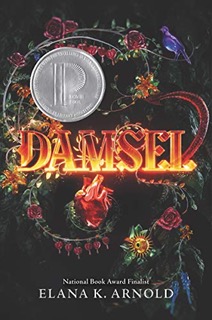 And maybe it’s not a surprise that I didn’t finish a lot of work; since I didn’t feel like my stories were worth much space, I didn’t feel like I was worth much space. I had a lot of beginnings. I had a few middles. I had some ideas for endings, but that was about it. It took me a long time to come to a place where I could finish projects.
And maybe it’s not a surprise that I didn’t finish a lot of work; since I didn’t feel like my stories were worth much space, I didn’t feel like I was worth much space. I had a lot of beginnings. I had a few middles. I had some ideas for endings, but that was about it. It took me a long time to come to a place where I could finish projects.
I’m happy to report that I’m not in the same place now. Quite a bit has changed. One thing that changed is simply that time passed and I got older. I have a better perspective on myself. I have a better perspective on what it means to be a person. And I’ve developed a better perspective on what it means to be a writer.
Another thing that changed is I read more and more widely. The more I saw into other people’s lives and into other writers’ experiences, the more I felt like they were scooting over and making some room for me, as well. I came to fall in love with my one life, and I reconciled with the truth that none of us live forever. I developed a yearning and an absolutely forward-driving need to create art while I can.
I changed my core belief about myself, and I came to truly believe that my life has value. By extension, I believe that my stories have value, as well.
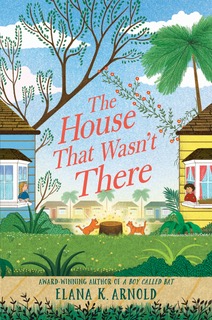 And then I was able to finish things. Maybe for the first time, I felt that I deserved to reach an ending of a story. I began to complete projects.
And then I was able to finish things. Maybe for the first time, I felt that I deserved to reach an ending of a story. I began to complete projects.
And that revised core belief has buoyed me and lit a fire in me to tell lots and lots of stories.
Revision begins with taking stock. We must first know what we’re working with, right?
Just as with revision of a manuscript, you can revise your core beliefs. You can keep and strengthen and deepen that which is working well, that which serves you as a human, and as a writer. And you can let go of that which does not serve you as a human and as a writer. You can change the beliefs you’ve clung to that get in the way of the work you want to do on the page and in the world. I think writing and humaning go hand in hand, and I don’t really think we can pull apart the work that we do on the page and the work that we do in the world.
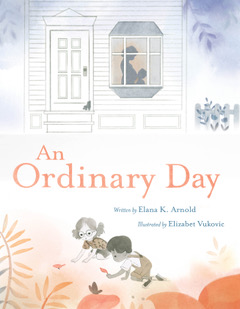 Real revision, deep revision, is about more than switching a manuscript from past tense to present tense or changing the character’s name, though these things can make a difference, too. I believe that revision is about acknowledging what we’ve created, growing the things that we love, and releasing that which no longer serves the book to make room for something new. That doesn’t mean that the thing that we’re releasing was bad or wrong. If those things helped to get to the end of a draft, they had value. But it’s also okay to let go of those things with trust that we are making room for something that the story needs now.
Real revision, deep revision, is about more than switching a manuscript from past tense to present tense or changing the character’s name, though these things can make a difference, too. I believe that revision is about acknowledging what we’ve created, growing the things that we love, and releasing that which no longer serves the book to make room for something new. That doesn’t mean that the thing that we’re releasing was bad or wrong. If those things helped to get to the end of a draft, they had value. But it’s also okay to let go of those things with trust that we are making room for something that the story needs now.
Let us know in the blog comments, in our Facebook group, or on Twitter so we can support each other! Be sure to tweet us @SCBWISOCALLA and Elana @elanakarnold with #KTWriteOn.
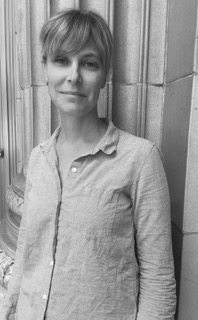 To learn more about Elana K. Arnold and enrollment in her Spring 2021 manuscript revision course, Revision Season, which begins in May, please visit www.revisionseason.com. You can also find her on Twitter: @elanakarnold and Instagram: @elanakarnold.
To learn more about Elana K. Arnold and enrollment in her Spring 2021 manuscript revision course, Revision Season, which begins in May, please visit www.revisionseason.com. You can also find her on Twitter: @elanakarnold and Instagram: @elanakarnold.
Need more inspiration? Check out all the past #KTWriteOn prompts.
For more fantastic content, community, events, and other professional development opportunities, become a member of the Society of Children’s Book Writers & Illustrators today! Not sure if there is a chapter in your area? Check here.
#KTWriteOn Stock image by Dustin Lee on Unsplash. All other images provided by Elana K. Arnold. Headshot credit: Martha Brokenbrough.
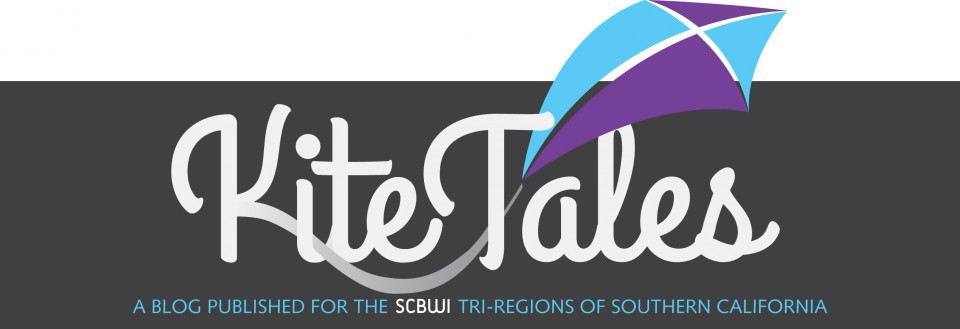
Pingback: 10 Inspiring Kite Tales Quotes from 2021 | Kite Tales